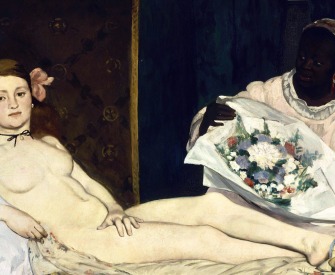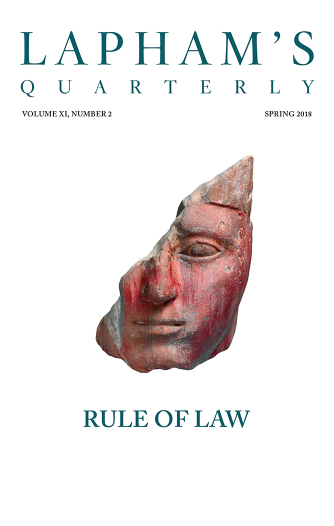Women of the future will not be compelled to choose between wage slavery and marrying for a home. They will not know wage slavery. They will only know honorable labor performed under wholesome conditions for a very limited number of hours each day, assuring them of a decent livelihood and permanent economic security. They will not know marriage for any ulterior motives.
To them marriage will only mean the perfect physical and mental union with the men of their choice. The young maidens of the future, healthy in body and mind, will go forth from educational institutions to perform their life’s work in their chosen trades and professions. Be they cooks or laundresses, weavers or dressmakers, typewriters or telephone operators, teachers or physicians, they will be assured of a decent livelihood and of the wholesome enjoyments of life in return for their services to society. They will be young as few are young today, even among the favored classes. They will work and enjoy themselves and live with an amount of youthful energy and enthusiasm that is rarely met with in our present enfeebled, overworked, poverty-stricken world. The haggard faces, anemic complexions, and drooping shoulders which are so prevalent among the working girls of today that the average city dweller fails to notice them, will disappear like the white plague and other preventable curses of humanity. Bright eyes, ruddy complexions, and straight, strong bodies will be the inalienable rights of youth. We know that health and strength and vigor are not only possible but natural to youth. Young savage women, untouched by the evils of civilization, show it, and the athletic daughters of the propertied classes, spared from the evils of civilization, show it also. The maidens of the future, strong, healthy, active, and educated, will be physically and mentally fit for wifehood and motherhood as not one in a hundred is today. Eventually every Jill will find her Jack, according to individual needs and circumstances, but economic causes will not retard marriages or prevent those who love one another from joining their lives. Jill will not ask, “Can Jack support me?” because she will be fully able to support herself, and Jack will not inquire whether Jill can make good pies—unless pie making be her trade—because he will be able to get all the pies he wants, even better than “mother used to make.” Instead, they will ask themselves seriously, intelligently, questions such as these: “Do we love deeply and truly?” “Are we well mated?” “Is our union likely to endure?” With economic obstacles removed and with a general diffusion of the health that comes with knowledge and right living, it is very likely that the marriage rate will rise under socialism, and that people will marry somewhat younger than they do at present. It would be natural and desirable that people should marry as birds mate, in springtime; that is, in the springtime of their lives.
From Women of the Future. Born into a progressive German-American family in 1876, Lilienthal received private tutorship and attended Barnard College for a year before marrying and having children. She later became active in politics, writing for the socialist press under the name “Hebe” and publishing From Fireside to Factory in 1916.
Back to Issue



